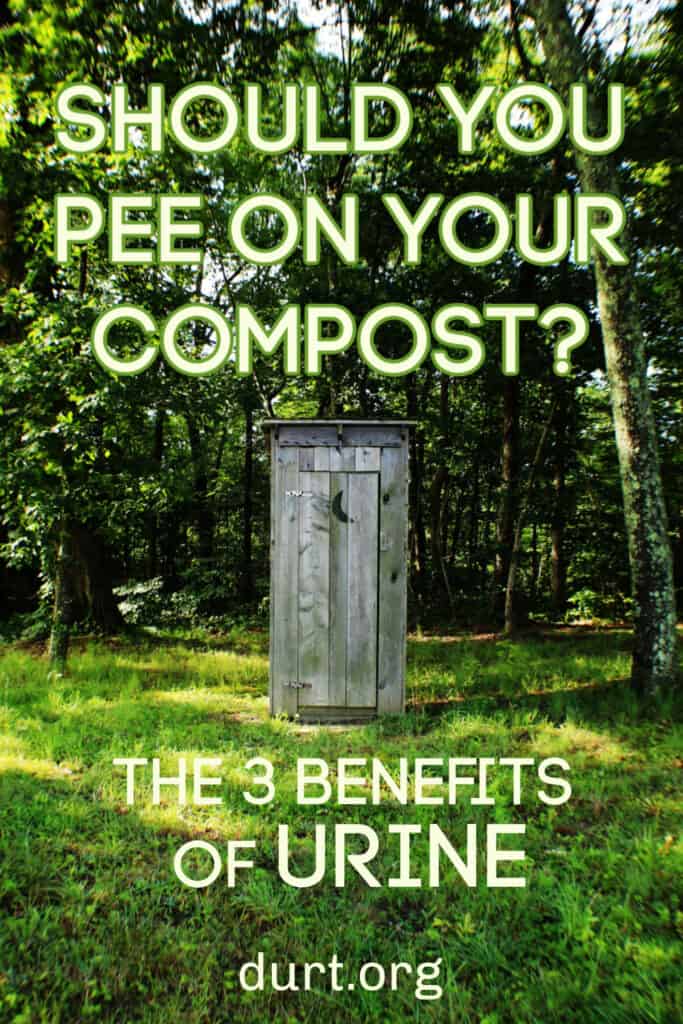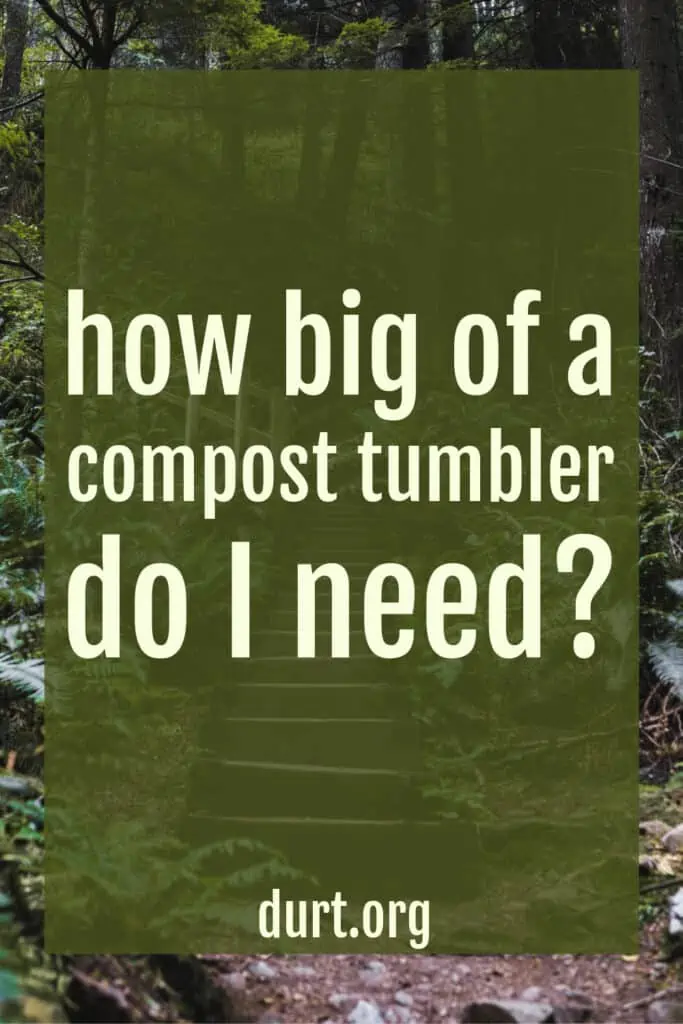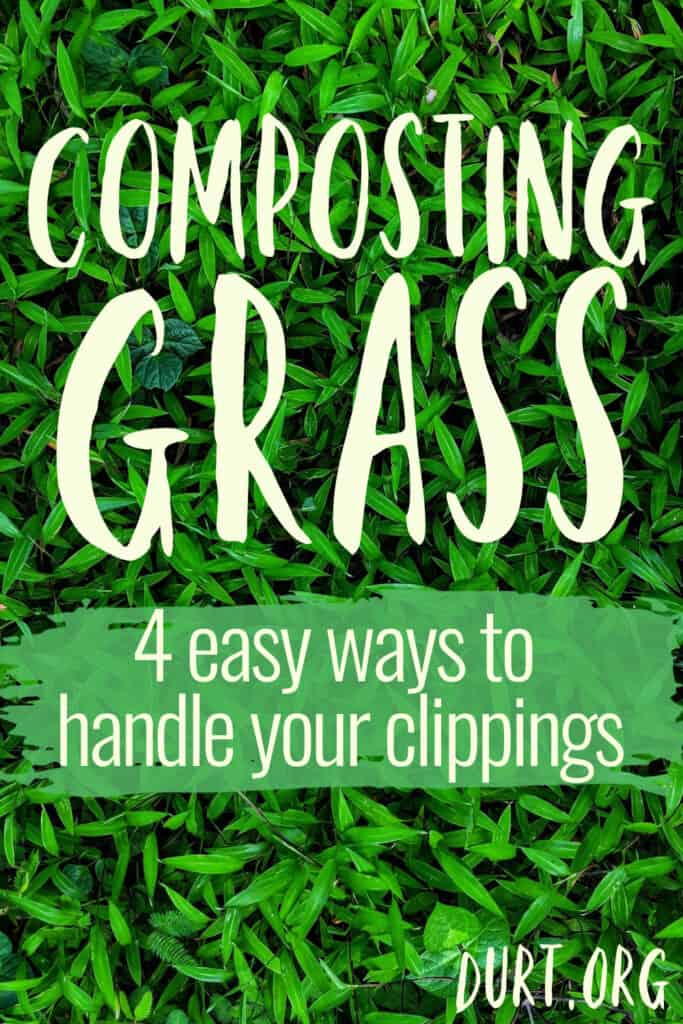As an Amazon Associate I earn from qualifying purchases.
If you’ve been composting for any period of time you’ll know that it’s addicting. I hadn’t had a compost tumbler very long before I started throwing in chicken bones, old yogurt, plasticized cardboard, and all sorts of other dumb things.
Long story short, my first load of compost was a total waste that I ended up throwing away (looking back I might have been able to screen it and save it). However, my addition of tons of uncompostable things came from a wholesome place. I had become hyper-aware of the amount of not only food waste but all kinds of stuff that I was throwing away. This, of course, led me to wonder if there are some decent compostable versions of normal household products.
In this respect, I’m not super unusual. Many people who have an interest in composting develop or are already interested in either producing less waste or choosing more eco-friendly ways to deal with the waste that they do produce.
While I’m not quite ready to go zero waste, there are a ton of compostable household products that the average person can incorporate into their lives (as we have) without much additional cost or inconvenience.
It’s worth noting that, just because something is compostable doesn’t mean that you should be throwing it into your compost bin. The majority of compostable items have nothing of value to add to garden compost. Also, the requirements for being “compostable” are quite nebulous. Most of these items are technically compostable but only under commercial conditions where much higher temperatures occur.
The main value of compostable home goods is that they will break down must faster in a landfill so “biodegradable” may be a better term for the majority of the products on this list. For example, single-use cutlery (plastic forks and spoons to plebians like myself) can take 1,000 years to decompose! However, plant-based “plastic” cutlery will break down in a landfill in 1/100th of that time.
So, with that out of the way, let’s check out the top 10 compostable household products that you can use to drastically reduce your footprint!
We’ve used most of these and chose the brand we recommend very carefully. If we don’t have experience with the specific item we did a ton of research and chose the one we would specifically buy.
Best Compostable Everyday Household Products
1. Compostable Trash Bags
Trash bags are a huge problem in our waste system. Not only do they take forever to break down but they are extremely dangerous to animals in the interim. They have the added drawback of slowing down the decomposition of everything inside them. So not only do they not break down, but they shield things that could break down from the elements, disrupting the system.
Switching to compostable bags was a definite mind shift for us when it came to compostable household products. First off, don’t expect these to be like the Glad bags you’re used to. They’re thinner (but still strong enough) don’t have fancy handles, aren’t scented, etc. They are simply bags that are meant to keep stuff together long enough to make it to the trash can (or your compost heap in the case of the small ones).
There are two smaller sizes available (1.2 & 2.8 gallons) that fit well in kitchen compost bins and a 13-gallon size which fits most household trashcans. While there are cheaper options, don’t skimp on quality. There’s nothing quite as obnoxious as making it only halfway to your trashcan before the bag splits.
So if you’re looking to reduce the plastic in your trashcan, this is a great place to start!
2. Compostable Coffee Filters
While most coffee filters are biodegradable they still have some detrimental effects on the environment. Nearly any single-use coffee filter that you can buy is bleached with chlorine or oxygen which is released as the filter breaks down. Buying unbleached (chlorine-free) filters is a great option if you want to lower your impact.
No, replacing your coffee filters isn’t going to change the world but here’s my perspective: these are really good coffee filters anyway. So if you have to buy and use them, why not get some that aren’t ruining the earth?
3. K-Cups
As long as we’re talking about your coffee habit (you should really get that under control, ya know?) and trying to lessen its impact, let’s move onto how you’re actually injecting yourself with coffee every day. If you use a machine that takes K-cups it can be easy to produce a significant amount of plastic every day. The reason I saw it’s significant is that it only takes a tiny amount of plastic to kill an animal or pollute water beyond drinkability. Some compostable k-cups are a good step to reducing your waste (and plastic) volume.
And that’s not to say that you have to drink crappy coffee. A good portion of my efforts to find compostable household products was to find products that functioned just as well as the options I was using before. That way it’s super easy for me to tell you, “Hey, this coffee is just as good as what you’re drinking and doesn’t kill animals.” So go get it…
4. Straws
Straws seem to have become the poster child for people who want to demonize plastic. You’ve probably seen the videos of turtles with straws up their noses or huge masses of straws floating free in the ocean. Unfortunately, it’s pretty hard to drink some drinks without a straw. We tried paper straws but, let’s face it, they suck….poorly. So we have two solutions: we keep a package of these (plastic-less) straws in our car and metal straws in the house. If we get a drink or something when we’re out we just ask them not to include a straw and then use one of own. That way we are free to toss it into the trash nearly guilt free.
These straws are amazing because you won’t even be able to tell that they’re not normal straws. The only thing that will remind you that they’re compostable is the warm glow you’ll have inside of dong good.
5. Sponges
Sponges are natural, right? Yes, they are! But the sponges that most people use in their kitchen and home are not natural products. The average sponge is a synthetic petrochemical product that leaches toxins into the environment as it breaks down.
And, if you don’t want to use an animal product (a sea sponge) to clean your dirty dishes, these are a great option. They’re plant-based, biodegradable, and (most importantly) work just like a normal sponge.
6. Cutlery
When my wife and I welcomed our first daughter into the world, she brought $100k in medical debt with her. Long story short, we ended up living in an unfinished basement without running water or a sink. We had to stock-pile our dishes, carry them upstairs, and use a sink that didn’t belong to us. As you can imagine, we didn’t do dishes very often. The solution we came up with was to use paper plates/bowls and plastic silverware. I’m not proud of it but, in the year we were in that basement, we threw away literally hundreds of pieces of plastic silverware. Had we been in a better mental space we would have realized that there were awesome options like these that look and work just the same but aren’t going to clog up a landfill for the next millennium.
7. Paper Plates & Bowls
Just like the “plastic” cutlery, save the planet and get you and yours some compostable bowls and plates. These are one of the few items on the list that we will throw into our own compost pile. We typically either soak them or shred them first but the break down fairly rapidly.
8. Corn Starch Floss Picks
Anytime you can avoid throwing sharp pieces of plastic into the garbage it’s a win for the environment and all the animals in it. Sure, a seagull or dog could still eat one of these and either choke or have it perforate their stomach…but it’s much less likely to happen since they last 1/500th as long as the plastic version.
This is a great example of a compostable household product that literally functions the exact same way as a plastic version. It costs slightly more but serves the exact same function. Now that I’ve used these for a couple of months I can’t fathom using a plastic pick for less than a minute every morning and throwing it straight into the trash. Talk about wasteful.
If you’re not into the picks, there are also awesome biodegradable dental flosses available that come in reusable containers. I like the idea of them but I just know that I’d end up flossing once in a blue moon if I tried to go that direction.
9. Dog Poop Bags
I you have a dog that regularly poops/pees on your lawn you’re already aware that their excrement is not really a boon for your grass. In fact, dog poop is one of the few things that we don’t even consider composting. However, the last thing you want to do with something like that is put it in a plastic bag (which protects it) to dehydrate. Several hundred years from now when the plastic bag breaks down, the poop will finally be able start its own journey of decomposition.
Unless, of course, you use a quaulity biodegradable bag. Please take my recommendation here and do not try to find cheaper compostable dog poop bags. They’re out there. However, I tried three different brands before this one and found the majority of them unusable due to their poor quality. Good thing they are biodegradable because I had to throw 80% of them straight into the trash.
The ones I use now, on the other hand, perform exactly how a poop bag should.
10. Shipping Mailers
I know this might not be considered a compostable household prodcut and, as such, won’t apply to most people. However, it was a big discovery for me and helped my drastically reduce my own waste so I though I’d share it.
When we’re not working, composting, or playing with our kids, we have a side business where we flip things we find at thrift stores on eBay. It’s not much but it pays for our vacations and makes us feel like we’re fighting consumerism. However, everytime we ship clothing we stick it in a plasticy envelope and seal it up. At least we used to until we realized that what we were doing was running a business that was just distributing plastic bags all over the world.
We switched to compostable mailers and, while it hasn’t made us more profits, we’ve certainly felt more self-righteous about our business!
Household Products (Compostable vs. Biodegradable)
There are many different definitions used in the arguement of compostable vs. biodegradable but, whichever side of the fence you fall on, we can all agree that whichever one you choose will be better for the environment than throwing things away.
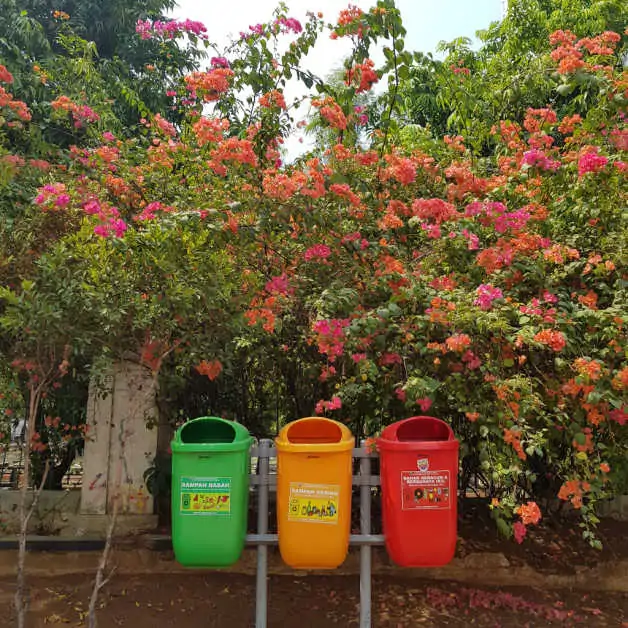
Typically biodegradable items are items that break down if left to their own devices. Saying something is biodegradable does make any claims about it being an amendment to the soil, simply that it will go away. Composting goods, on the other hand, typically need special circumstances to break down: such as those found in a commercial composting situation. In theory, compostable goods would also add something of value to compost/soil but manufacturers use the term so loosely that this is not always the case.
No matter what the maker of the product chooses to dub them as, compostable household goods typically add little or nothing to soil. Paper products (such as plates/bowls) are a notable exception and can serve as quality brown material.
Conclusion
At the end of the day, I hope you have the means to choose a couple of the above items and rotate them into your daily life. Yes, there are many ways of making less waste than by using store bought items. However, using compostable household goods is a great way for people who want to help the environment while maintaining their standard of life make a difference.

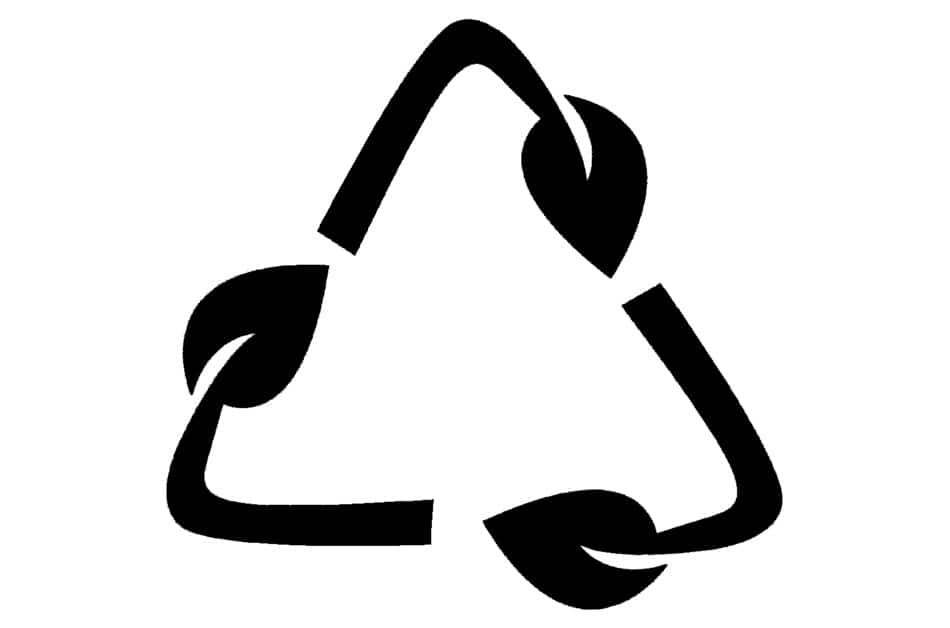






![100% Compostable 12 oz. Paper Bowls [125-Pack] Heavy-Duty Quality Natural Disposable Bagasse, Eco-Friendly Biodegradable Made of Sugar Cane Fibers 100% Compostable 12 oz. Paper Bowls [125-Pack] Heavy-Duty Quality Natural Disposable Bagasse, Eco-Friendly Biodegradable Made of Sugar Cane Fibers](https://m.media-amazon.com/images/I/41J+h5t6AbL.jpg)



